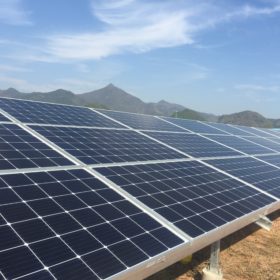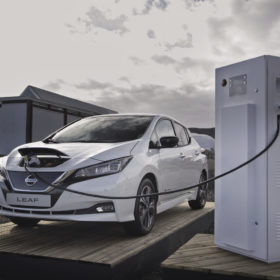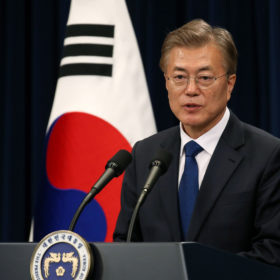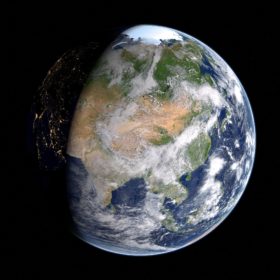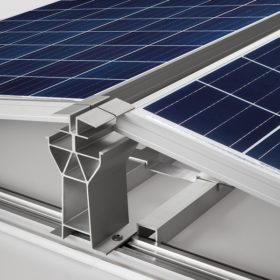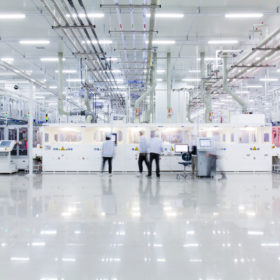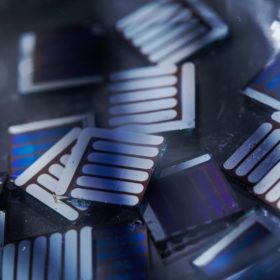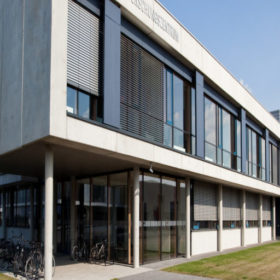Hanwha supplying 100 MW mono PERC modules to China project
Hanwha Q Cells is continuing its collaboration with CGN Power Group. The manufacturer is delivering its Q.Peak-G5 mono-crystalline PERC solar modules to a 150 MW site in China’s Hubei province.
What’s in store for storage? $620bn
The rise of batteries will attract that headline figure in investment up to 2040, say analysts, as exponential growth in EV ownership, falling stationery system costs and the needs of the world’s grid-poor regions combine to boost lithium-ion technology.
Korea to build world’s largest solar park
President Moon Jae-in yesterday announced plans for a 3 GW project. South Korea plans to add 30 GW of PV by 2030, to improve the country’s hitherto poor renewable energy performance.
Hyundai to launch solar body kits for vehicles
In a joint effort with Kia Motors, Hyundai Motors is developing solar roofs and bodies for its EVs, hybrids and ICE vehicles to provide additional charging capacity. Depending on solar irradiation levels, the technology could provide 30-60% battery charge per day, the manufacturer says.
Asian market to see 355 GW of solar over five years, despite policy challenges
Despite political hurdles in key markets including China, India and Japan, Asia remains highly active. This year, 59 GW of solar is expected to be installed and due to further system price declines, a phase-out of subsidy schemes can be offset.
Hanwha continues tidy up of solar business with Nasdaq delisting
Hanwha Q Cells’ New York-listed business unit will come back under the company umbrella early next year, with a separate merger between two further units of the Korean conglomerate set to consolidate its solar expertise in house.
Solaredge charges into storage market, acquiring Kokam
The inverter maker will buy 75% of Kokam’s shares for $88 million, with an intent to acquire the remainder shortly after, on the open market. Strategic company acquisitions and close partnerships are characterizing this year’s inverter market, as companies seek to diversify and integrate storage systems and other technologies.
Hanwha Q Cells to be merged with Hanwha Advanced Materials
The transaction, expected to be finalized next month, will be made through the purchase by the Advanced Materials business of the holdings of Q Cells’ three main stakeholders. The company told pv magazine the operation is intended to enhance the group’s solar growth strategy.
Korean scientists hit 12% efficiency on non-fullerene organic cell
A research team from South Korea’s Ulsan National Institute of Science and Technology has demonstrated a new process for the creation of organic solar cells. Using this method, the team has created cells with a conversion efficiency up to 12.01%.
Hanwha Q Cells reports lower revenue, swings to loss in Q2
At US$518.4 million, the quarterly turnover of the South Korean-German manufacturer was down 10.3% year-on-year, while its net result swung from a profit of $18.7 million in the second quarter of 2017, to a loss of $41.3 million in the latest quarter. Despite this, the outlook for full fiscal 2018 remains unchanged.
